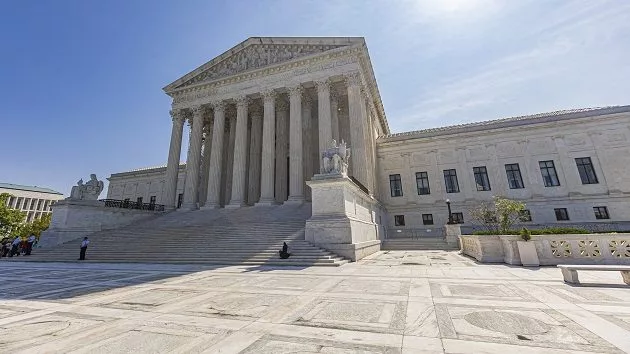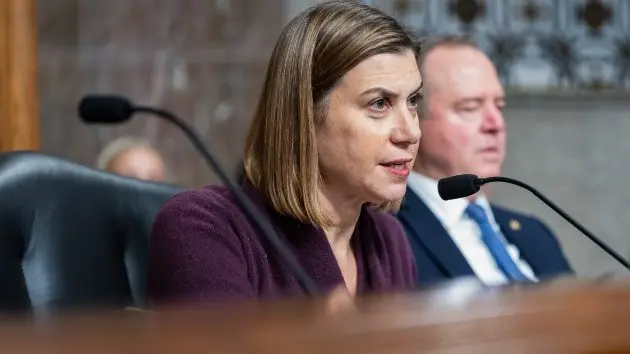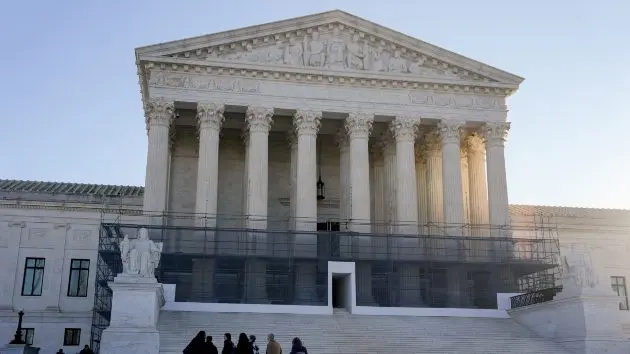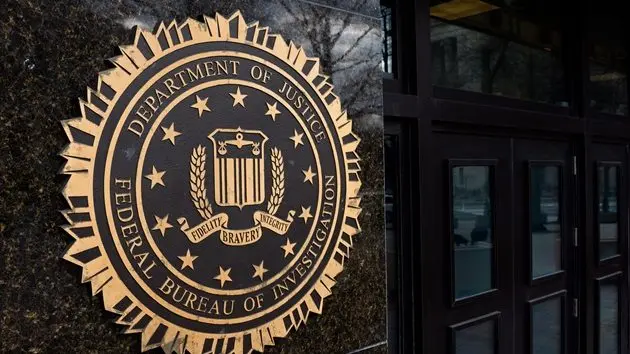
(WASHINGTON) — The Supreme Court ruled Friday that a Texas law that mandated websites with “sexual material harmful to minors” have age verification is constitutional.
The court’s conservative judges ruled 6-3.
An adult entertainment industry trade group challenged a 2023 Texas law that requires sites with more than a third of content containing “sexual material harmful to minors” must receive electronic proof that a patron is 18 or older.
The law requires users to provide digital ID, government-issued ID or other commercially reasonable verification methods, such as a facial scan or credit card transaction data.
The court’s decision only affects the Texas law — not similar laws instituted in other states.
The trade group alleged the verification law uniquely threatens individual privacy and data security for millions of adults who otherwise have a First Amendment right to view the material.
Justice Clarence Thomas, writing for the majority, ruled that “the decades-long history of some pornographic websites requiring age verification refutes any argument that the chill of verification is an insurmountable obstacle for users.”
“The statute advances the State’s important interest in shielding children from sexually explicit content. And, it is appropriately tailored because it permits users to verify their ages through the established methods of providing government-issued identification and sharing transactional data,” he wrote in his decision to uphold the Fifth Circuit’s ruling that sided with the state.
Justice Elena Kagan wrote in her dissent that while protecting children from explicit online material is an important task, the state could have accomplished its objectives and “better protect adults’ First Amendment freedoms.”
“Many reasonable people, after all, view the speech at issue here as ugly and harmful for any audience. But the First Amendment protects those sexually explicit materials, for every adult. So a State cannot target that expression, as Texas has here, any more than is necessary to prevent it from reaching children,” she wrote.
Kagan — joined in her dissent by justices Sonia Sotomayor and Ketanji Brown Jackson — said no one disagrees with the paramount importance of protecting children from viewing porn but asks “what if Texas could do better?”
“What if Texas could achieve its interest without so interfering with adults constitutionally protected rights in viewing the speech that HB 1181 covers?”
This is a developing story. Please check back for updates.
Copyright © 2025, ABC Audio. All rights reserved.



